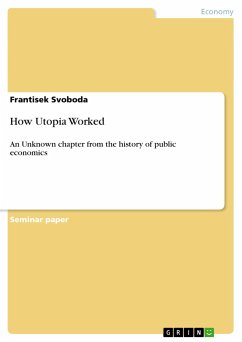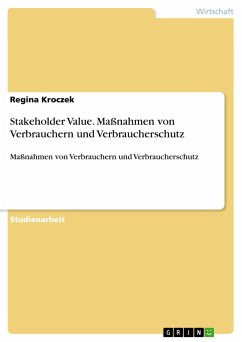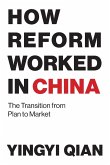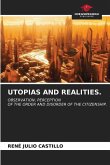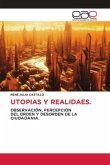Seminar paper from the year 2011 in the subject Business economics - Miscellaneous, , language: English, abstract: One of the marginal yet very interesting problems analyzed within the field of public economics is the economy of communities which, continually albeit seldom successfully, pursue their main goal of perpetually emancipating themselves from the system of general economic patterns. In this respect, the possibly most successful and longest-lasting communities were the indigenous self-governing settlements formed by the Jesuits in the province of Paraguay in the 17th century. The Jesuit missions spawned and fostered the development of a self-governing unit named Republic of Guaranis, 30 pueblos, which was a Jesuit-organized state existing for over 150 years and eventually subverted not by economic breakdown or popular disssent, but exclusively by the results of extensive political action conducted against the Jesuit order in Europe. The research into the economic and administrative structures of this autonomous formation actually represents a probe into community economics and enables us to document how the institutions of culture and religion help to establish a functional and lasting economic system.

